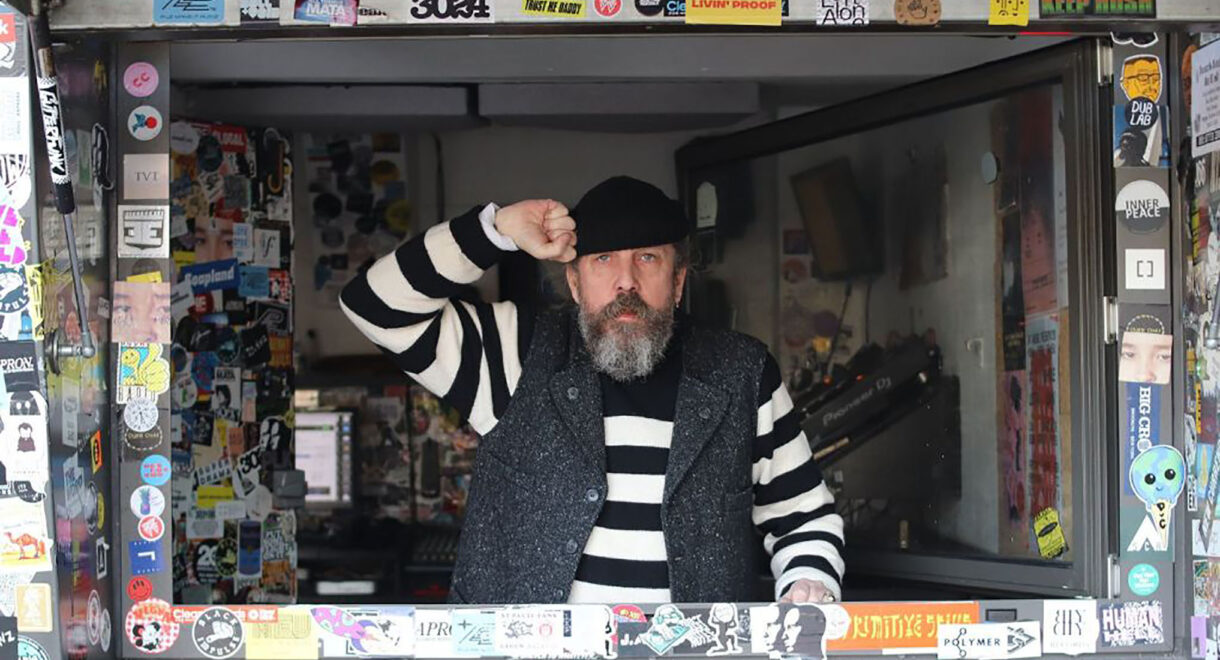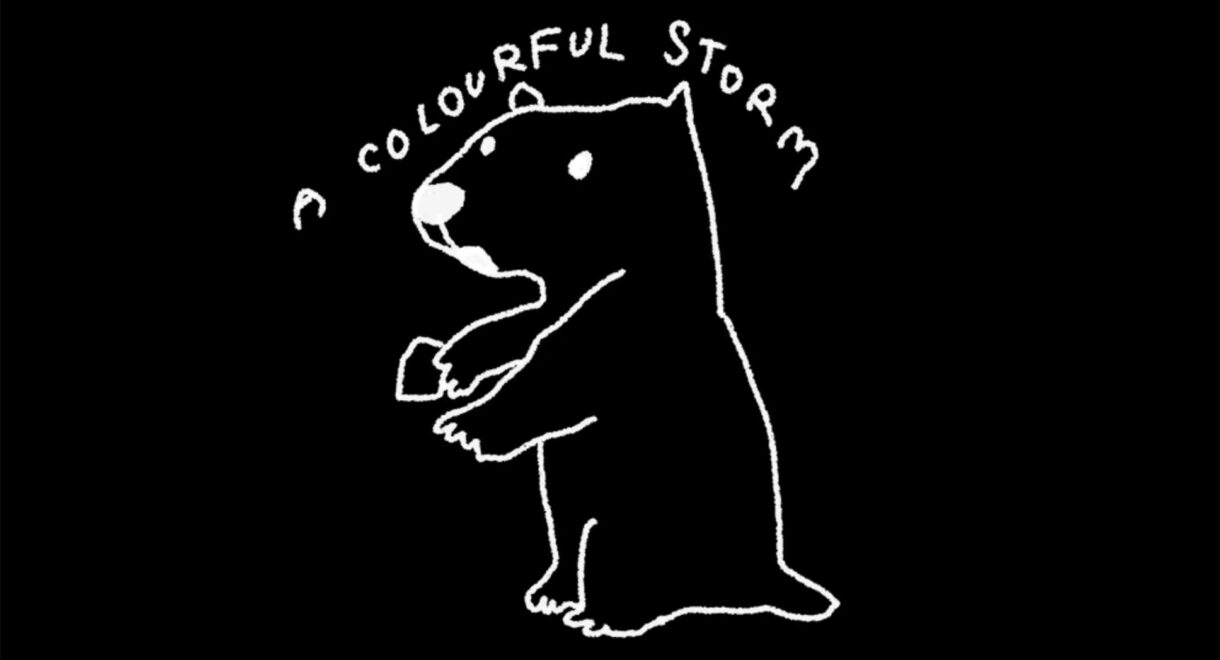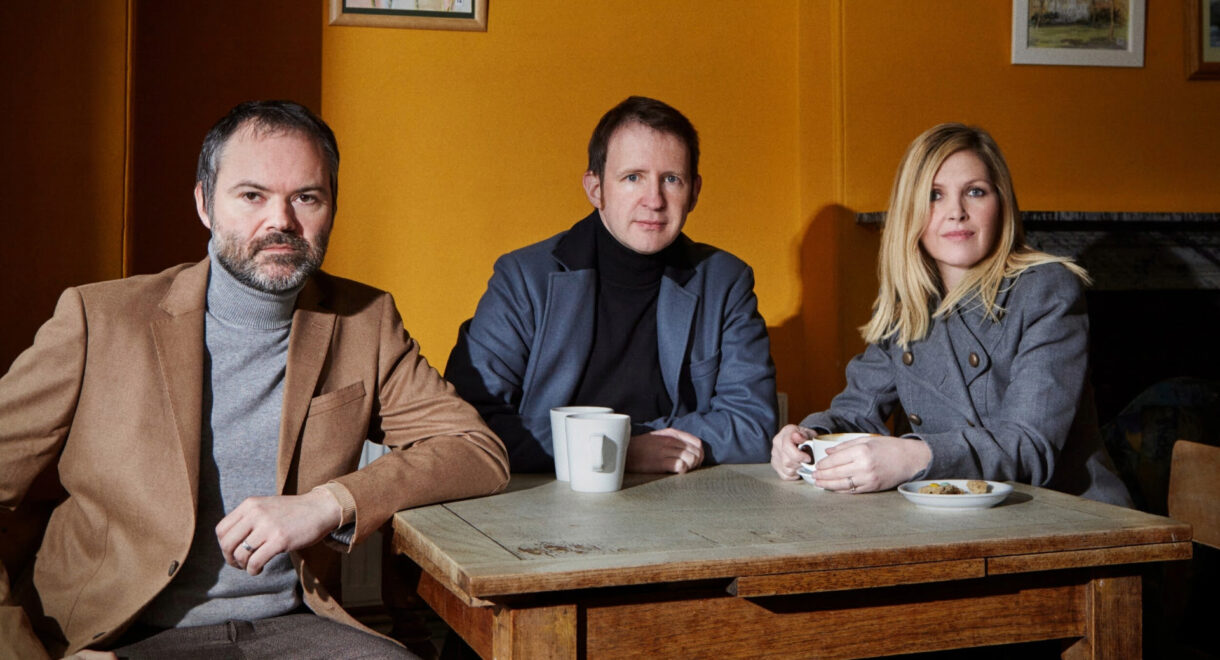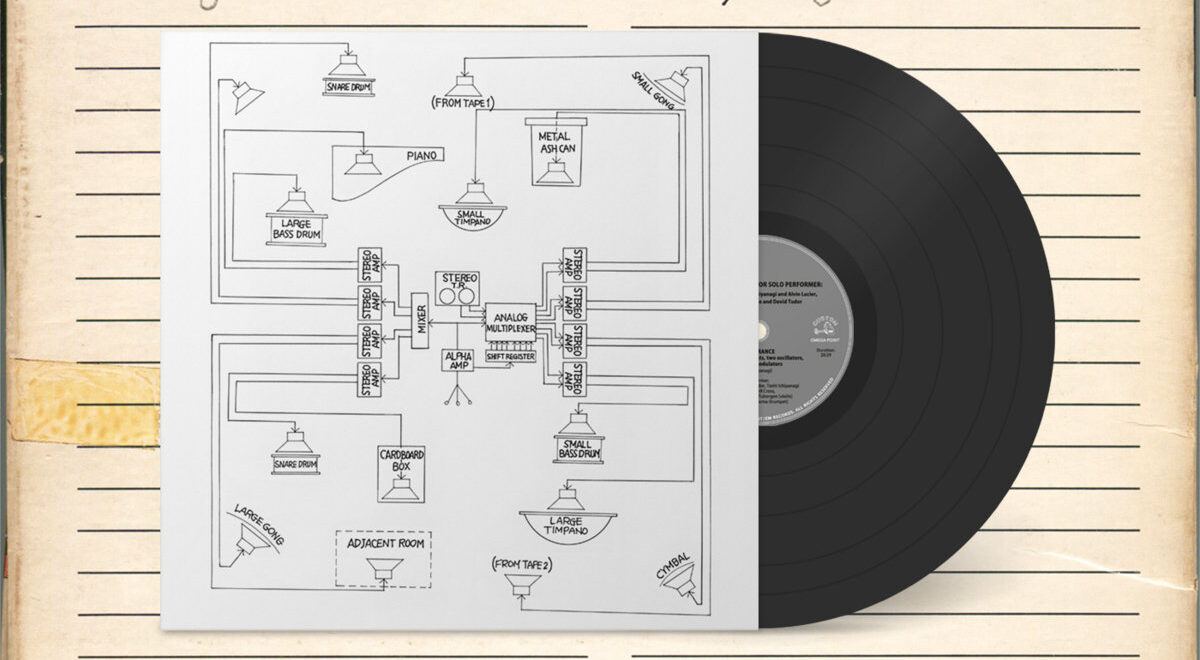Begin with the performance, stay for How to Rescue Things, Orcutt’s 2024 album that deepens the picture. Every once in a while it’s important to watch an artist […]
Daniel Lentz on Hi-Fi: A Celebration in Sound

Experience the brilliance of Lentz on record: album playbacks, shared stories, and a night of deep listening at the ISC HQ.
Is anything more life-affirming than being blindsided by a piece of music you didn’t expect? To put on Daniel Lentz’s “O-Ke-Wa” and feel its bright layers gather around you as you take that first sip of morning coffee? Morning music can feel like a private revelation, and Lentz’s work has a way of turning those everyday moments into something luminous. But, then, so can evening music, when you can sink into in a darkened room when the day is behind you and the ear opens wide.
On October 8 we’ll create that setting at our HQ in West Hollywood, when In Sheep’s Clothing, in collaboration with sonic curator Mark McNeill and electronic artist Celia Hollander, presents a celebration of the life and music of Lentz, who passed away earlier this year in Santa Barbara. Across the evening we’ll listen closely to a sweep of his works — “After Images,” “On the Leopard Altar,” “Missa Umbrarum,” “Music for 3 Pianos” (with Harold Budd and Ruben Garcia), and “Frkwys Vol. 16: In a Word” (with Ian William Craig) — while sharing stories and conversations with friends and collaborators who knew him best. It’s a singular chance to experience this music in full on a brilliant system that reveals every resonance of glass and voice, every quiet shift in harmony.
“O-Ke-Wa” comes from the 1982 cycle “Missa Umbrarum” (“Mass of Shadows”), where voices, keyboards and tuned wine glasses overlap in glowing patterns, all riding a steady heartbeat thump. As Lentz put it in a fascinating 2014 interview with The Mouth, “The most complex of my 70s wine glass and voices works was certainly ‘Missa Umbrarum.’ … The harmonies were carefully assembled to work within the ‘shadow’ network of the echo ‘cycles’… Pretty sounds that were always in the ‘state of becoming.’”
That fascination with ritual and process had already led him into some audacious territory. In 1969, with his California Time Machine ensemble, Lentz mounted “Air Meal, Spatial Delivery” for the Exploratorium in San Francisco, then run by physicist Frank Oppenheimer, Robert Oppenheimer’s brother. They performed aboard a Canadian Airlines flight to Vancouver while the pilots relayed the sound by phone to the museum. In his words, “This was transmitted into the performance space… Everything worked, except Oppenheimer didn’t quite ‘get it’, and refused to pay us.”
By the late 1970s, Lentz was writing works that leaned into both rigor and radiance. “Music for 3 Pianos” shares DNA with his piece “Music in Parallel and Contrary Motion,” which he scored for sixteen singers also playing mbira thumb pianos. “There are no words, and the singers are used as melodic percussion instruments,” he said. “Mine was not in any manner a ‘practical’ piece to have made. But somehow we got through fairly well, even with (in spite of) my conducting.”
Lentz’s experiments with voice, electronics and repetition found a new focus during the ‘80s in works like “On the Leopard Altar.” “If there is a direction towards a reinvented romanticism in my music of the mid 80s, it probably began with ‘Song(s) of the Sirens’ about a decade earlier, and in the mid to late 1970s with my ‘After Images’ EP, especially the ‘3 Madrigals’ on it,” Lentz said. “I think repetition is the glue that holds music together, and how a musician repeats him or herself is key.”
By the time the New York Times’ Jon Pareles caught him at Carnegie Recital Hall in 1985, Lentz’s hybrid of ritual and rigor had reached its stride. One highlight of that night was “Bacchus,” a piece where singers sat at a table of wine bottles and glasses, transforming them into instruments as Lentz layered and replayed their sounds. “Through Mr. Lentz’s multitracking, the sounds and text fragments built up until the full quotations were heard,” Pareles wrote. “It was wry, delicate music. One sentence was delivered entirely in whispers, against lightly tapped glasses; the second used the quiet hooting of blown bottles against rippling, gamelan-flavored arpeggios and sustained voices; the third used percolating rhythms and percussively articulated consonants.”
Join us Wednesday, October 8 at In Sheep’s Clothing HQ in West Hollywood for an evening of hi-fi album playbacks, conversation, and the rare chance to hear “After Images,” “On the Leopard Altar,” “Missa Umbrarum,” “Music for 3 Pianos,” and more as they were meant to be heard: immersive, spacious, and alive in every detail.
This will be a limited capacity event. Tickets are available now via dice.










